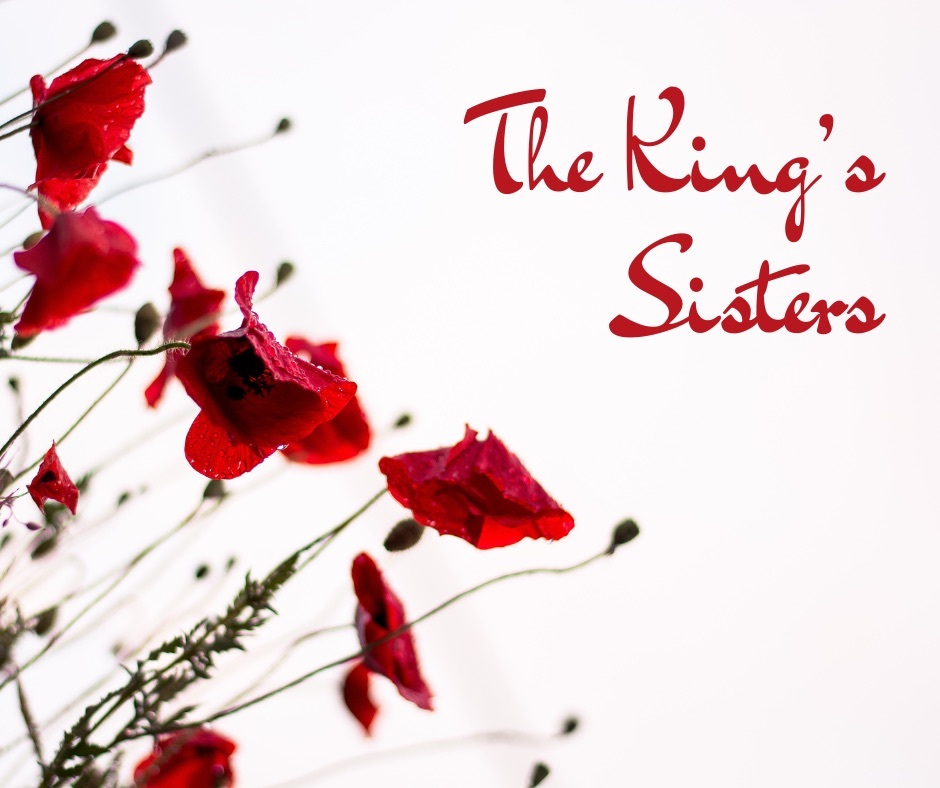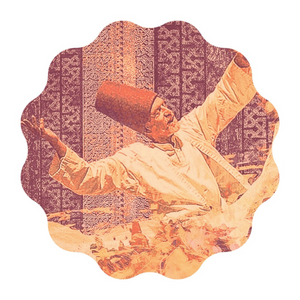Warsaw, November 10, 2023
Dear Adam,
It’s been a while since I had written a letter to you. Things have been tough for the past few months and I just couldn’t get my mental act together to write again.
But yesterday, I realised that Remembrance Day was round the corner and last year I’d promised to start writing about Arab folklore, history and culture to help you understand your roots better and I said I’d start by telling the story behind the Arab name for poppies.
In the west, poppies are seen everywhere during November as they are a symbol of remembrance for the military. They are associated the most with the fallen soldiers of WW1 as these flowers were some of the first to grow on the fields of Northern France after the war had ended.
In the Middle East, the poppy is associated with a fallen king. The short version is that king Al-Nu'man ibn al-Mundhir (one of the wealthiest and most feared kings of the region) was fond of poppies and so he had them planted around his palace in Al-Hira (modern day south central Iraq). When he was executed by his boss (the Sasanian Shah of Iran), red poppies sprouted on his grave. That’s why people started calling them the Sisters of Al-Nu’man (Arabic: Shaqa’eq Al-Nu’man).
But this blurb doesn’t do this complex character justice and you would never guess from reading it how his death brought about the end of a great empire and sowed the seeds for another to take its place.

Al-Nu’man was a vassal king to the Sassanian dynasty of Iran. His capital, al-Hirah, was in the southern part of modern day Iraq. His kingdom had historically acted as a buffer for its overlord against the raiding tribes from the south. In return, he enjoyed immense wealth and power and because of that, many sought their fortune by travelling to his court.
He became feared, scorned and envied in equal measure. He had the finest breeds of horses and camels that he kept exclusively to himself which were coveted more than gold. His daughter was said to be the most beautiful Arab woman of her time and yet Al-Nu’man was mocked for being a stubby ginger with mottled skin!
But the story that marred his reputation the most was that of The day of Misery and The Day of Heaven. The first person who sought him out on the day he had designated as a Day of Heaven would have all his wishes fulfilled. But if someone had the misfortune of being the first to approach him on the Day of Misery, he would be killed on the spot no matter his status or his relation to the king.
Many lost their lives due to showing up on the wrong day including a revered poet, and yet, Al-Nu’man continued with the ritual until a man who had saved his life came for his reward on the Day of Misery. That wasn’t the reward this man had expected and after much pleading he was finally able to get a one-year reprieve to go back home and settle his affairs when a stranger agreed to be a hostage In his place.
The year passed and the hostage was about to executed when the original victim rushed to take his place under the executioner’s sword. When Al-Nu’man asked him why he had returned when he could’ve escaped the death sentence, the man answered: “I’m honouring my promise!”.
Touched by the two strangers’ selflessness and loyalty, Al-Nu’man abolished the bloody custom on the spot and rewarded both men.
Little did Al-Nu’man know but the last promise he extracted before he went to meet a gruesome death would be honoured long after he was gone. Even with the threat of annihilation of entire tribes, the man who made that promise kept his word and the rest is history.
To be continued…
With all my love,
Mum
